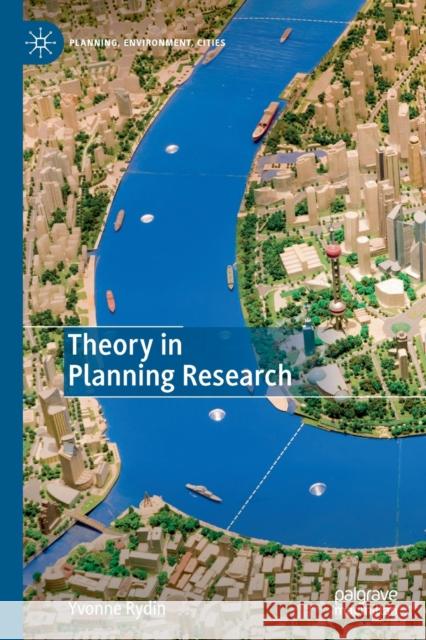Theory in Planning Research » książka
topmenu
Theory in Planning Research
ISBN-13: 9789813365674 / Angielski / Miękka / 2021 / 216 str.
Kategorie:
Kategorie BISAC:
Wydawca:
Springer Verlag, Singapore
Seria wydawnicza:
Język:
Angielski
ISBN-13:
9789813365674
Rok wydania:
2021
Wydanie:
2021
Numer serii:
000206756
Ilość stron:
216
Waga:
0.32 kg
Wymiary:
23.39 x 15.6 x 1.22
Oprawa:
Miękka
Wolumenów:
01
Dodatkowe informacje:
Wydanie ilustrowane











